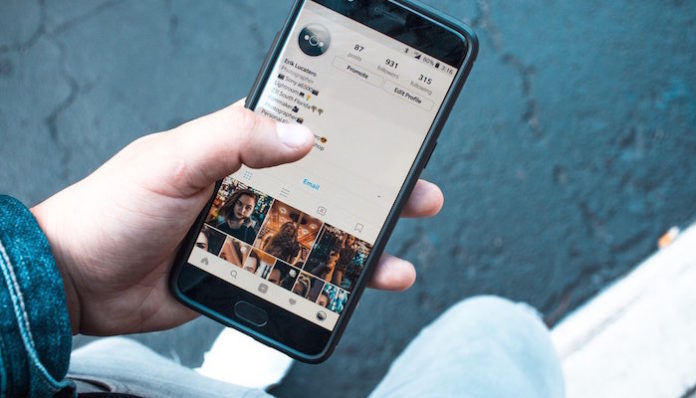
I’ve seen a lot of posts on my friends’ stories lately eagerly sharing their favourite brands to help promote their “new” Instagram accounts. I can understand the eagerness to try, with the off chance that you really do win, but I urge you not to be naive. I hate to be the one to break it to you guys, but nobody is sending you a free $125 gift card… and they aren’t sending it to “the first 3000 entries” either. Although crazy deals like this have happened and it may seem juuust realistic enough, this trend is sadly too good to be true. Here’s some ways to save yourself the faux excitement and more importantly, the let down.
- Is the company actually new?
Think to yourself why a multi-million dollar company like Lululemon or Patagonia would be creating a new account. The reality is they don’t care if their account is catered to a specific country instead of viewing their brand as international and it’s most likely a scam. Companies will often create accounts specific to store fronts in cities to allow interaction with a niche of consumers, but rarely will they feel the benefit of creating a country-wide account without properly announcing the campaign. Besides, what good is it doing them without official promo on their “blue-checked” channels! Large companies survive off of your trust, they wouldn’t sneak this up on you without notice.
- Check their contact info.
Steve Dolson from 2Social actually gets due credit for this trick; try clicking the contact links in their profiles. What you’ll notice is that their email likely looks far less official than the account itself. What I found when clicking the email on @Patagonia_Canada was that the email was patagonia0canada@gmail.com — don’t you think that a million dollar company would have claimed their own email domain? I found similar results with Zara and Lululemon fake accounts, except with a far more obvious array of letters and numbers as an email address.
- Does it sound too good to be true?
Because it probably is. The best way to confirm? Check their website! When companies give things away for “free,” it’s never actually free. They thrive off the marketing and publicity opportunity and they want to be trending at the top of every headline if they’re investing that much money. Fake Instagram followers can be bought for much cheaper than giving away hundreds of thousands of merchandise if that’s all they really wanted.
This applies to a lot of contests and promotions online. Beware of follower chains that make you follow upwards of 10 accounts to enter to win an expensive laptop or camera. Although some of these contests may be true, these accounts are feeding you into supporting what’s called “Instagram Pods” which are groups of artificially connected accounts that engage with one another to try to grow each their following as quickly as possible. From my experience, the majority of these accounts don’t have insightful or meaningful content, like: a lot of the comments are vague, generalized and only there to create numbers.
Don’t let yourself be taken advantage of. Social media is a tool that I love for sharing my story and developing my personal brand, but there is a dark side filled to the brim with opportunities to deceive. The best way to keep yourself from getting spammed or sold false information and keep your followers engaged is to be aware and seek out information yourself; don’t follow what everyone else is doing! As always, support the work that has earned your support.
Featured Image via Unsplash
Originally published on RachelConnell.com



















Fake Instagram accounts are a big problem for advertisers. Another good tip is to search their profile picture on Google Images and check if their pic had been downloaded from any images stock website